The US Department of Commerce announced that it has found that tinplate rolled steel products from Canada, China, Germany and South Korea are being dumped into the US market.
According to a statement issued on January 5, the US Department of Commerce also affirmed that tinplate coil products - a shiny silver metal widely used to produce food cans, paint, spray cans and other containers - imported from the Netherlands, Taiwan, Türkiye and the United Kingdom are not being dumped.
As a result, the US Department of Commerce has imposed final anti-dumping duties on tinplate steel imported from Canada, Germany and China.
The highest tariff imposed on some steel imports from China is 122.5 percent, according to the US news agency BNN Breaking. China's top steelmaker Baoshan Iron and Steel Co Ltd now faces a 650 percent countervailing duty, while other Chinese steelmakers are facing 331.9 percent. Germany's ThyssenKrupp Rasselstein and other German producers have been slapped with a final tariff of 6.88 percent, while Canada's ArcelorMittal Dofasco and other domestic producers are facing a 5.27 percent tariff. South Korea's KG Dongbu Steel is facing a 2.69 percent tariff.
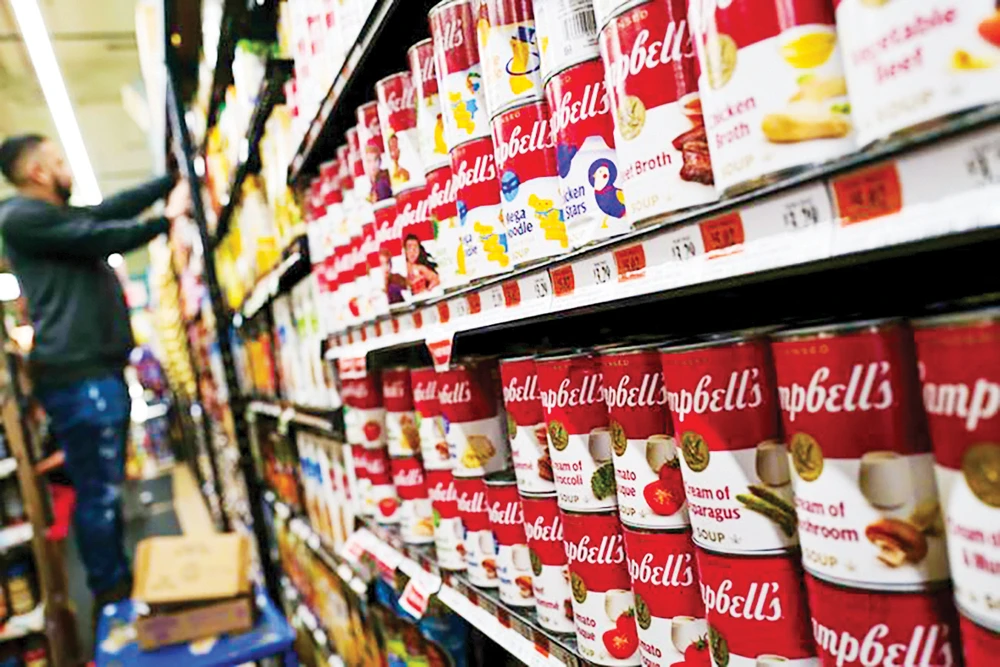
The final duties largely match the Commerce Department’s preliminary antidumping duties on tinplate steel imports from Canada, Germany, and China imposed in August 2023. At that time, after a preliminary investigation found that a subsidiary of Canadian steelmaker ArcelorMittal and German-based ThyssenKrupp dumped galvanized steel into the U.S. market at prices below those of similar products in their domestic markets (with dumping rates of 5.3% and 7%, respectively), the U.S. Commerce Department imposed preliminary antidumping duties on tinplate steel imports from Canada and Germany. The highest preliminary antidumping duty of 122.5% was imposed on tinplate coil imported from China.
Canada expressed disappointment with the anti-dumping duties, citing potential adverse effects on supply chains and inflation. “These duties not only undermine supply chains between Canada and the United States, but also exacerbate the impact of inflation on both sides of the border,” Canadian Trade Minister Mary Ng said in a statement, according to Reuters. “Canada will continue to defend the interests of the Canadian steel industry and its workers.”
The US International Trade Commission is expected to make a final decision on whether these tariffs will be imposed in the coming weeks.
HAPPY CHI synthesis
Source


![[Photo] Prime Minister Pham Minh Chinh receives Deputy Prime Minister of the Republic of Belarus Anatoly Sivak](https://vstatic.vietnam.vn/vietnam/resource/IMAGE/2025/4/2/79cdb685820a45868602e2fa576977a0)


![[Photo] General Secretary To Lam receives Russian Ambassador to Vietnam](https://vstatic.vietnam.vn/vietnam/resource/IMAGE/2025/4/2/b486192404d54058b15165174ea36c4e)

![[Photo] Prime Minister Pham Minh Chinh receives CEO of Standard Chartered Group](https://vstatic.vietnam.vn/vietnam/resource/IMAGE/2025/4/2/125507ba412d4ebfb091fa7ddb936b3b)





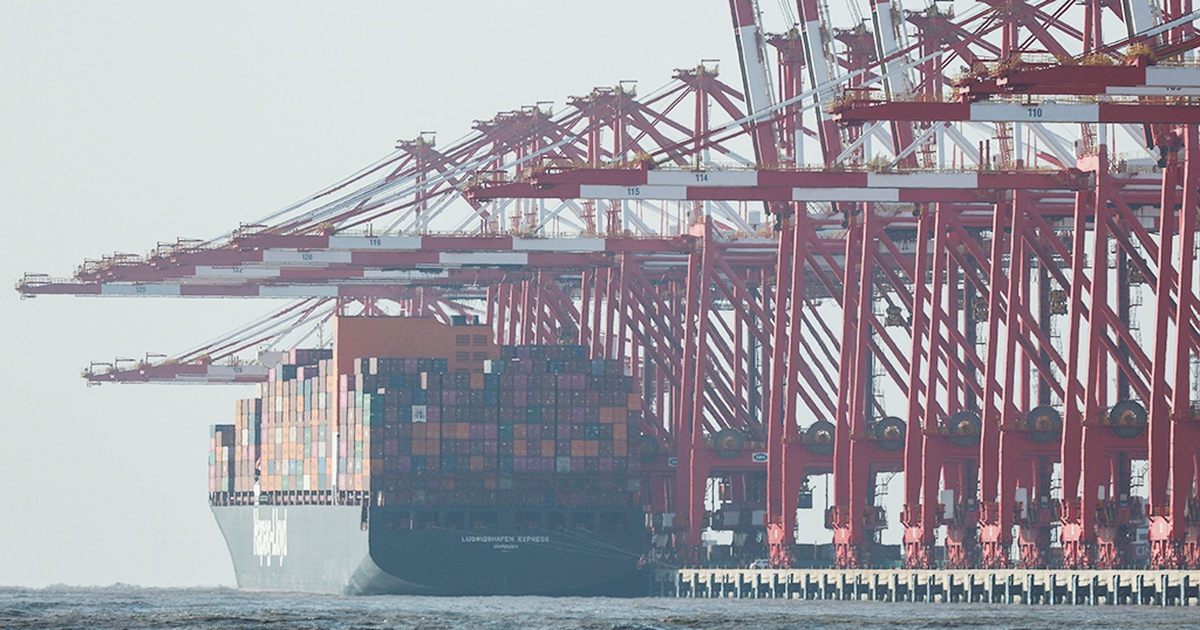

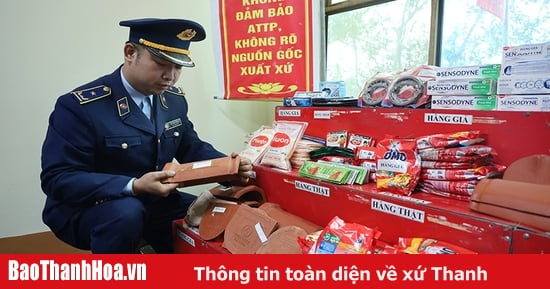
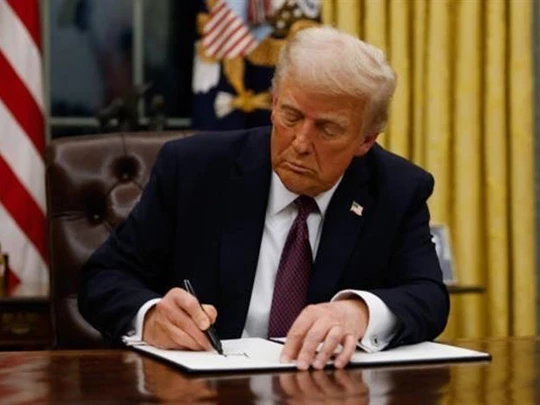




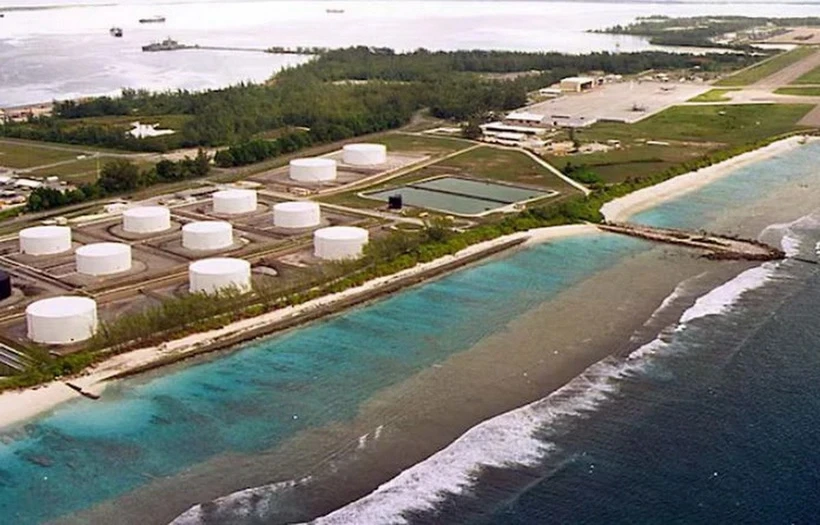






























































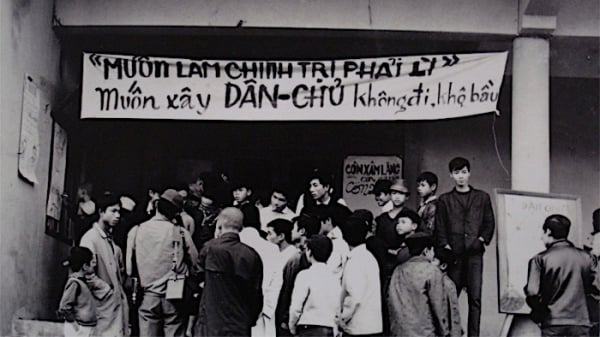

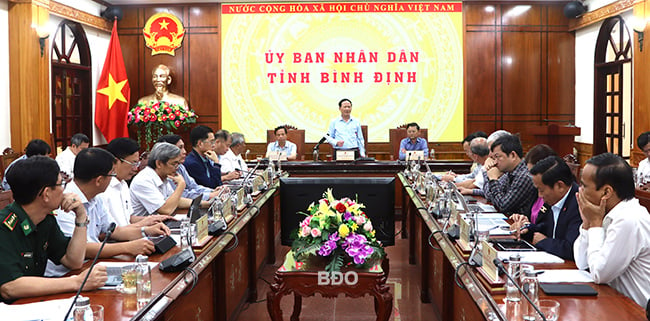












Comment (0)